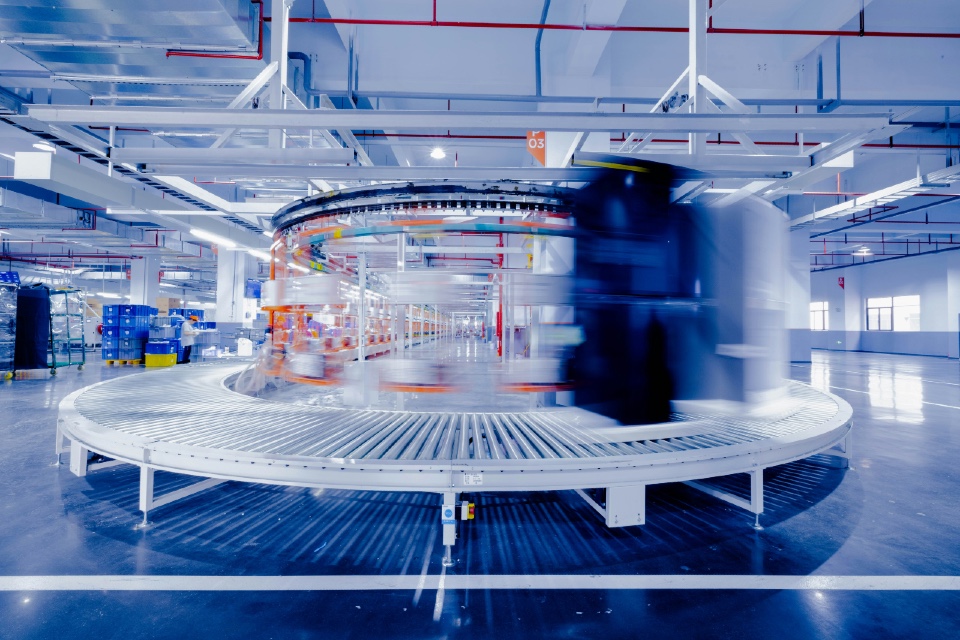In the latest instalment of our supply chain industry executive interview series, we spoke to Simon Wood, Operations Director at LPR UK & Ireland, about the company, the ongoing impacts of Brexit and COVID-19, market opportunities and new technology…
Tell us about your company, products and services.
LPR UK is a subsidiary of LPR – La Palette Rouge, a leading pan European, pallet pooling business working in the FMCG sector. The business is present in 15 countries and moves more than 107 million pallets per year.
What have been the biggest challenges the Supply Chain industry has faced over the past 12 months?
The two biggest are obviously the pandemic and Brexit. The pandemic saw heightened consumer led demand. Supporting our customers in their response to the panic buying led to some very long days! It also highlighted how little the public understands about the way the supply chain works, and why the panic buying was unnecessary.
With Brexit the impact came in the form of ISPM15. It became clear quite early on that there was a lack of understanding in the FMCG sector about what it was, and how to achieve compliance. Fortunately, being pan-European, ISPM15 wasn’t new to us so we were able to help our customers ensure that their deliveries didn’t fall foul of the regulations.
And what have been the biggest opportunities?
It was great to see the industry being given a higher profile and a more positive image. Perceptions have changed and more is known about the importance of the supply chain.
I’m hoping that this will lead to increased interest in people joining the sector.
What is the biggest priority for the Supply Chain industry in 2021?
Creating stability in the supply of raw materials (particularly timber) and tackling shortages in the labour market.
The labour market has always been a challenge and I’m hopeful that people will now see the value in becoming part of the supply chain industry.
What are the main trends you are expecting to see in the market in 2021?
Retail and consumer growth. eCommerce particularly. Businesses will be looking for partners with a consistent approach and able to offer cost reductions (particularly important given some of the overspending seen and whilst businesses look to stabilise).
Sustainable growth in eCommerce. Non-essential retail has a huge challenge ahead of it due to the changes in consumer consumption, they need to offer something more meaningful.
What technology is going to have the biggest impact on the market this year?
Greater digitalisation in businesses, particularly in stock control and automation. eCommerce will feed this trend.
In 2024 we’ll all be talking about…?
Probably the pandemic of 2020. How 2020 / 21 was a stepping stone to changes in how we use technology, in consumer consumption habits and working policies – of course by then most of this will be ancient history.
The automotive industry’s evolution into a cleaner haulage system and I hope that we’ll see a move to more intelligent driving systems – making smart motorways safer and smarter.
Which person in, or associated with, the Supply Chain industry would you most like to meet?
Anyone leading the move to clean transport systems – probably the lead at Rivian – who are working with Amazon on the launch of new commercial delivery vehicles.
What’s the most surprising thing you’ve learnt about the Supply Chain sector?
How diverse and critical it is to everyday life and how the humble pallet is absolutely fundamental to it – strange considering it was created after WW11 and is largely unchanged.
You go to the bar at the Total Supply Chain Summit – what’s your tipple of choice?
A cold beer.
What’s the most exciting thing about your job?
Continuous challenges and looking to the future – trying to anticipate what’s coming next!
And what’s the most challenging?
The lack of predictability – makes forward planning interesting.
What’s the best piece of advice you’ve ever been given?
Don’t be afraid to sleep on a decision.
Peaky Blinders or Stranger Things?
Neither. I’ve been watching This Is Us!







